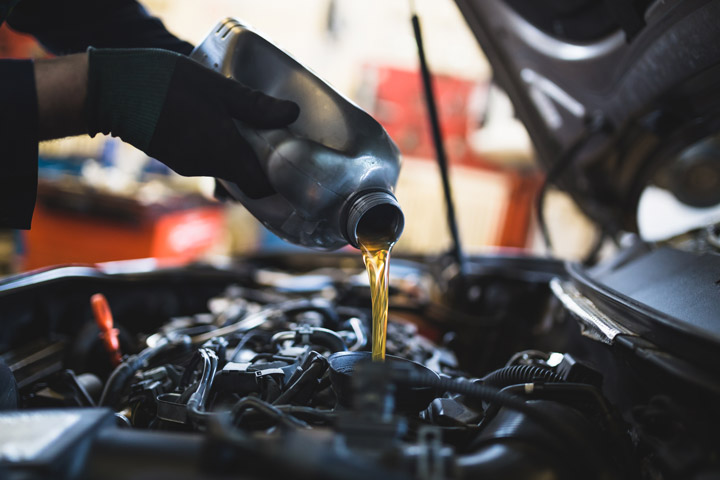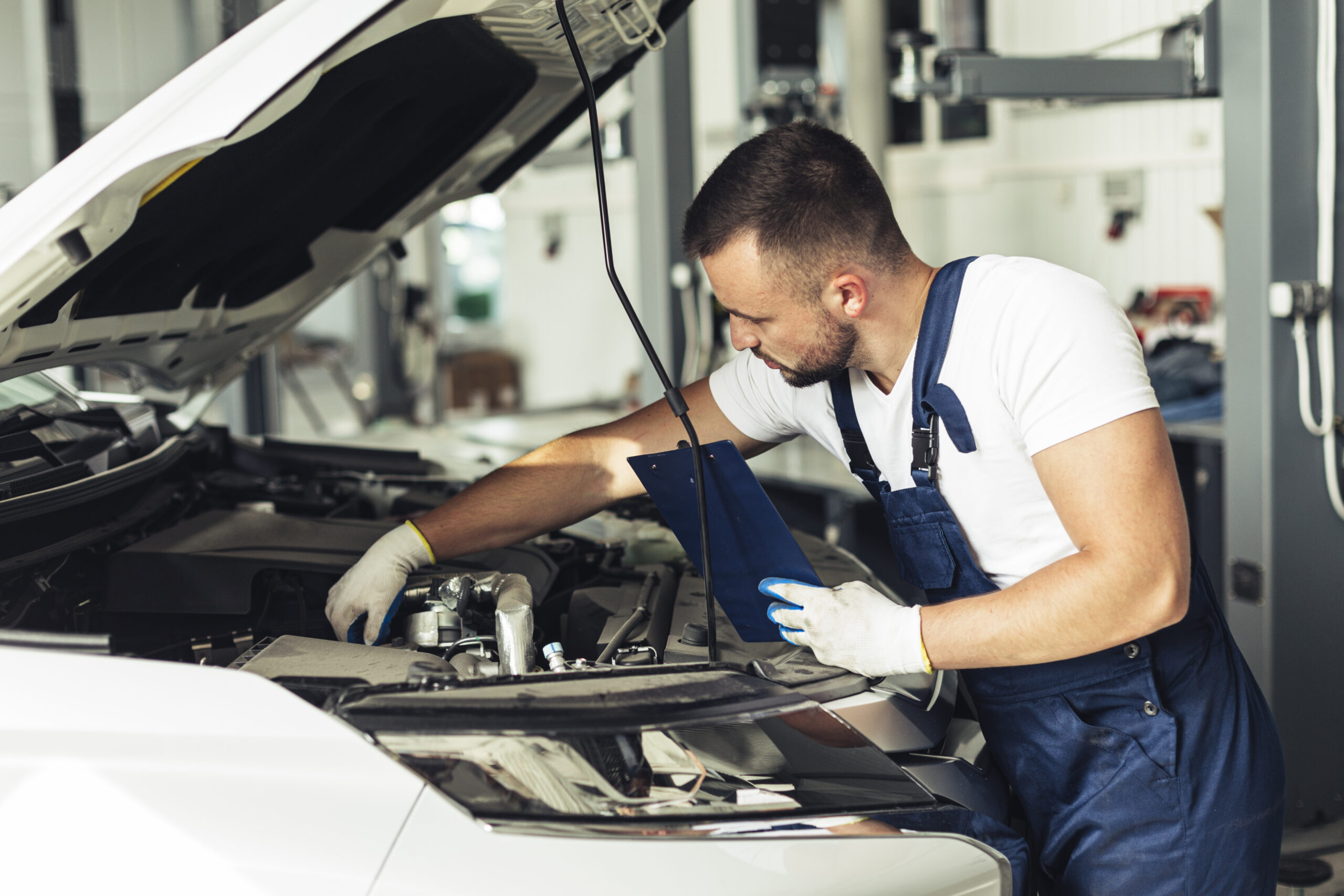All Categories
Featured

[/image]
Brakes are perhaps the most essential security attribute of any lorry. Without reliable brakes, even the most effective automobile can become a threat on the road.
- The Importance of Regular Brake Inspections. Brakes undergo constant wear and tear with every usage, whether you're driving at high rates on the highway or cruising via city roads. In time, brake pads, blades, and other components put on down, which can influence braking performance. Without regular evaluations, you may not observe the steady decline in efficiency until it's far too late.
Routine brake inspections allow you to capture problems early, guaranteeing that your brakes continue to be receptive, trustworthy, and safe. Prompt evaluations can also conserve you money by resolving minor concerns before they come to be costly repairs.
- Common Signs That Your Brakes Required Attention. While regular brake inspections are necessary, there are some caution indications you can keep an eye out for to know when it's time to arrange a check-up:
Squealing or Grinding Seems: High-pitched squeaks or grinding sounds when using the brakes are often indicators that your brake pads are broken and need replacement. Vibration or Pulsation: If you really feel resonances in the guiding wheel or the brake pedal, it could show deformed blades, which may require resurfacing or replacing. Soft or Mushy Brake Pedal: If the brake pedal feels unusually soft or spongy, there may be air in the brake lines or a problem with the master cyndrical tube. Drawing away: If your auto pulls away while braking, this might be triggered by unequal brake pad wear or a problem with the brake fluid. Increased Quiting Distance: If it takes longer to quit than usual, it might indicate that the brake pads are put on, the liquid is low, or the rotors are damaged. If you see any of these signs, it's ideal to have your brakes inspected immediately.

- Secret Components Checked During Brake Inspections. Throughout a brake inspection, a specialist will check numerous vital components of the braking system to ensure whatever is functioning properly. Right here are the key elements included:
Brake Pads: One of the most common reason for bad stopping performance is worn-out brake pads. Inspecting the density of the pads is a top priority during every assessment. Brake Rotors: Rotors should be smooth and devoid of grooves or fractures. Any significant damage to the blades can cause jeopardized stopping performance and irregular pad wear. Brake Liquid: Low or polluted brake fluid can impair braking efficiency. The specialist will check the liquid degrees and high quality and change it if necessary. Brake Lines and Pipes: Brake lines must be without leaks or fractures. Any damages to the lines can lead to loss of brake liquid, resulting in brake failing. Brake Calipers: The calipers apply pressure to the brake pads. They should be inspected for indications of wear or leaks to guarantee they are operating properly. On a regular basis inspecting these components aids maintain your brake system in peak problem, allowing you to stop your vehicle safely and effectively.
- Exactly how Typically Should You Have Your Brakes Checked? The basic recommendation is to have your brakes evaluated a minimum of annually or every 12,000 miles, depending upon your driving behaviors. Nevertheless, particular driving problems might require even more regular assessments:
Rush Hour: If you commonly drive in stop-and-go website traffic, your brake pads will use down much faster. Hill Driving: Driving on high roadways calls for even more frequent stopping, which can trigger your brakes to use quicker. Towing or Hauling Heavy Loads: If you consistently lug heavy loads, your brakes will certainly experience more stress and call for more regular examinations. If you discover any of the caution indications stated earlier, do not await the next scheduled inspection-- have your brakes checked instantly.
- The Repercussions of Ignoring Brake Inspections. Neglecting regular brake assessments can bring about severe repercussions. A falling short brake system could result in lowered stopping power, which increases your threat of accidents. Overlooking brake upkeep can also bring about a lot more pricey repair services. For example, if you delay replacing worn brake pads, the damages might prolong to the rotors, bring about the demand for blades replacement, which is a much more costly repair service.
In the worst instance, driving with damaged brakes can lead to complete brake failure, placing you and other chauffeurs in jeopardy. Normal brake inspections are a small financial investment that can conserve your life and prevent pricey fixings.
- Final Thought: Remain Safe with Regimen Brake Inspections. Brakes are not something you desire to take possibilities with. A reliable braking system is essential for safe driving, and regular brake inspections are a straightforward way to ensure that your car stops when you require it most. By remaining on top of brake maintenance, looking for advising indicators, and having your brakes examined at the suggested intervals, you'll safeguard both your automobile and your safety and security.
Don't wait up until your brakes start to fall short-- routine routine brake examinations and maintain your lorry in optimal condition for years to find.
Latest Posts
Why Consistent Car Maintenance at Montclare Auto Repair Saves You Money
Smooth Light Weight Aluminum Gutters: The Smart Option for Your Home
Explore Top Car Repair Solutions at Montclare Auto Repair – Drive with Confidence
More
Latest Posts
Why Consistent Car Maintenance at Montclare Auto Repair Saves You Money
Smooth Light Weight Aluminum Gutters: The Smart Option for Your Home
Explore Top Car Repair Solutions at Montclare Auto Repair – Drive with Confidence